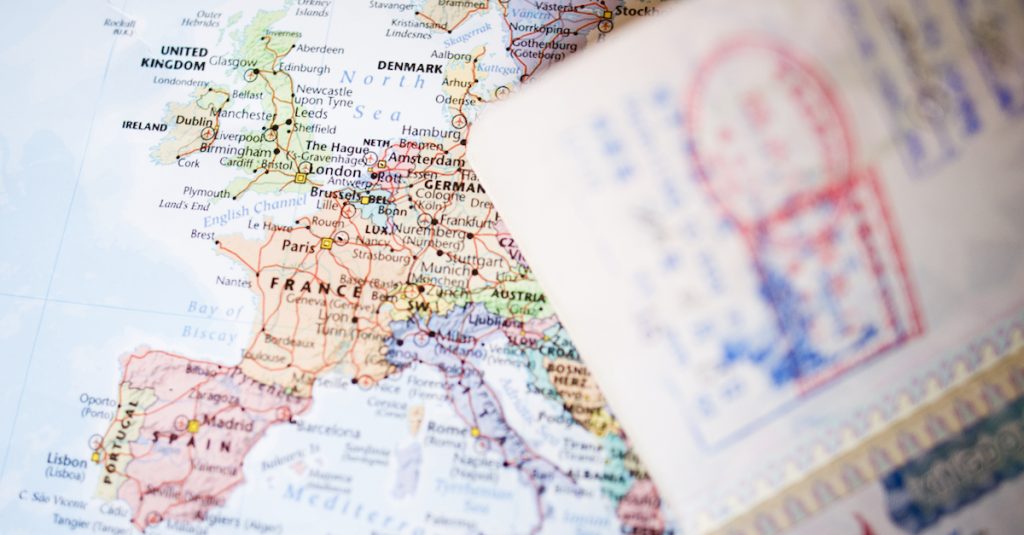The travel industry continues to exhibit strength in late sales, despite the challenges posed by firm pricing.
Autumn bookings are propelled by couples and value-driven consumers eager to navigate the ever-evolving landscape of travel choices.
Resilience of Late Sales Amid Tightening Budgets
In recent months, the travel industry has witnessed a notable trend: late sales remain robust. However, consumers are finding it increasingly challenging to balance their travel desires with the prevailing economic conditions. This intriguing dynamic continues to shape booking patterns significantly.
According to Tony Mann, director of Idle Travel, a substantial proportion of sales, approximately 60%, are focused on the immediate three-month period. He observed queues forming even before the agency’s doors opened, driven by the firming prices. Promotional efforts through social media and eye-catching outdoor boards have played a crucial role in drawing last-minute bookings.
Shift from Family to Couples’ Bookings
Amidst the ongoing school holidays, travel agents have reported a noticeable shift in their clientele. Couples are increasingly dominating the booking landscape, driven by pricing constraints and evolving travel preferences.
Spear Travels has noted a significant 46% of bookings for imminent departures, primarily by couples, attributed to better pricing and availability in the short term. The value of bookings witnessed a 10% rise in July from June, although affordability remains a persistent challenge.
Unrealistic Price Expectations
Despite strong demand, there persists an issue with unrealistic price expectations among consumers. Agencies like Fred Olsen Travel highlight that while some customers are budget-conscious, a significant segment is prioritising quality, choosing four to five-star accommodations.
The Mediterranean region continues to be favoured by travellers, particularly for departures in September and early October. This avoidance of the intense heat of July and August reflects a strategic adjustment by consumers, balancing cost with comfort. This trend underscores the adaptability and resilience of travel demand.
Natalie Turner, Head of Retail Operations, reiterates this sentiment, acknowledging that availability remains consistent; however, pricing is the predominant barrier in driving sales. Families are advised to consider planning for 2025 if immediate travel proves unaffordable.
Strong Performance in Select Markets
John Sullivan, Advantage Travel Partnership’s commercial director, reported impressive momentum, with August departures accounting for 24% of recent bookings. Spain, Greece, Turkey, and the Canaries are consistently popular, buoyed by stable prices compared to last year. Despite limited availability, cruise bookings continue to thrive, indicating robust interest in luxury travel. The enduring appeal of these destinations reflects their strong market positioning.
Hays Travel anticipates continued growth, as evidenced by robust 2025 and 2026 bookings, particularly in the cruise sector, signalling confidence in future travel plans even amidst current economic strains.
Social Media’s Influence on Last-Minute Bookings
Social media platforms have emerged as pivotal in driving last-minute bookings. Tony Mann credits their impactful promotions for attracting consumers seeking affordable vacations.
Promotions highlighting exclusive deals and adjusted durations enhance accessibility. A notable example is a nine-night stay in Majorca offered at a competitive rate, demonstrating how strategic promotions bridge the gap between consumer expectations and market reality.
Consumer Flexibility and Constraints
Consumer flexibility has become key with many willing to adjust their travel plans around specific budget constraints. Alistair Rowland of Blue Bay Travel describes a market where travellers are highly adaptable, indicating a flexible approach to achieve budget-friendly trips.
Despite tightening availability, consumers demonstrate resilience by seeking alternative dates or destinations to ensure their travel plans materialise, albeit adjusted to meet both their financial and personal requirements.
Conclusion and Future Outlook
In summary, the late sales market demonstrates resilience amidst economic challenges, driven by strategic planning and adaptability among consumers. The consistent demand indicates an enduring desire for travel experiences despite financial constraints.
Customers are adapting to new economic realities, showcasing a willingness to adjust travel plans without compromising on quality and experience.

